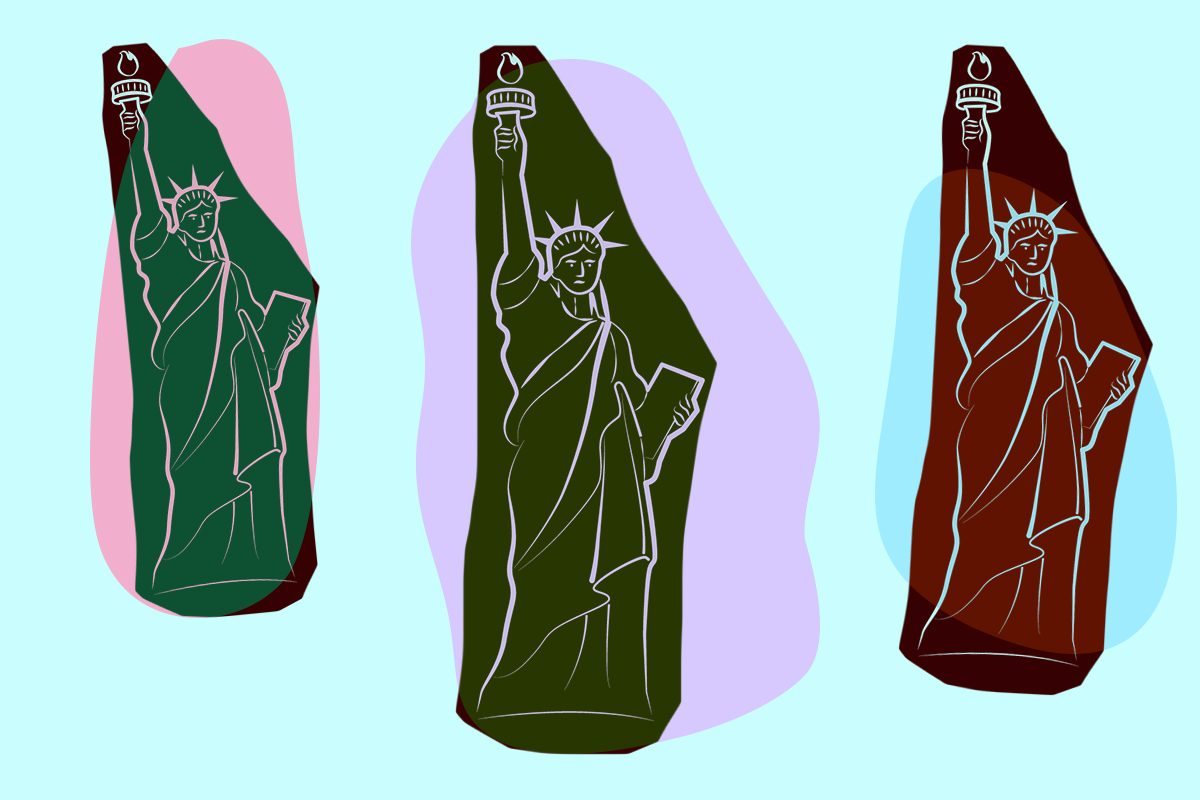Growing up, one of the first live-action shows on Nickelodeon I loved was the short-lived series Taina. Set in early 2000s New York City, it followed Taina Morales, a Latina student at a Manhattan performing arts school with dreams of stardom. The show focused on Taina and her ambitious and talented friends as well as her tight-knit Puerto Rican family through school and personal hijinks.
Specifically, it was the depiction of Taina’s family that always stuck with me. In one episode, Taina bombs a Spanish test and sends her abuelo into a panic that Taina isn’t sufficiently in touch with her heritage. In another, Taina battles with her parents about quinceañera dresses, highlighting the disparity between what her parents and what she wants out of the day.
I am not Puerto Rican or a native New Yorker, but at the time I felt super connected to Taina. Growing up in suburban Massachusetts with an Israeli dad and American Jewish mom, I saw a lot of my own life and family in Taina’s. Like Taina, the soundtrack to my childhood was bilingual, even if I wasn’t. Like Taina, when my big coming-of-age party rolled around (in the form of a bat mitzvah), there was a not insignificant culture gap between the kind of party I wanted, and the kind that all my friends seemed to be having, and what my dad was envisioning.
To this day, these kinds of stories are the ones that feel most aligned with my own upbringing. While there’s plenty of TV and books that I love about American Jewry, I rarely saw (and still rarely see) myself or my family in them. Almost inevitably, they define “American Jew” in a very specific way. That definition assumes a number of things: an English-speaking house (maybe with an allowance for a German- or Yiddish-speaking bubbe), a settled middle class existence, and participation in a cultural narrative that almost inevitably leads back to a turn of the century tenement. There’s an assumption that we were immigrants, past tense. In our dominant cultural narratives, immigrant Jews, ESL Jews, and second-generation Jews stopped existing in America about 50 years ago.
There are real consequences to stopping the story there. For one, it’s inaccurate. It’s not a secret that huge swaths of American Jewry are not personally connected to that narrative. What about Jews from the Former Soviet Union? Iran? Syria? Or families like mine, Israeli expats? What about Latin American Jewry? What about the Jews who come here from literally anywhere else in the world? It’s not a secret we exist in the American Jewish community, and yet we rarely make it into the discourse. As far as I can tell, the only piece of mainstream media that has discussed a recent American Jewish immigration story with any depth is The Shahs of Sunset. It goes without saying that when our options for alternative stories are limited to Bravo reality shows (as much as I love them), something has gone wrong.
In the current political moment, treating the Jewish immigration story as solely a piece of the past neglects the fact that a significant portion of our community are immediately affected by a heightened hostility toward immigrants. While recent Jewish immigrants are not the primary targets of the current administration (and that needs to be remembered in the way we approach activism), Jewish organizations and institutions need to consider that new wealth requirements, travel bans, and the paltry refugee-resettlement numbers can be our community’s problem, too.
Moreover, when we counter accusations of dual loyalty online, it’s worth remembering that not all Jews living and working in the U.S. hold American citizenship, and that many of us who do are citizens of multiple countries. That doesn’t make us any less “loyal” than those American Jews whose families have been here for generations. Focusing the discourse based on actual connections (or lack thereof) to other countries alienates Jews who cannot say the same. It also creates binaries that deserve more skepticism than they get. Particularly in discourse about American-Israeli relations, there’s this assumption that “American” and “Israeli” are two wholly distinct categories of Jew. Every time I see a headline decrying this alleged chasm in our culture, I’m reminded of the fact that Jewish families like mine and the families like the one’s I grew up with are not what we talk about when we talk about “American Jews.”
Jewish history has never just been one story. American Jewish history has never just been one story. We do ourselves and each other a disservice when we try to make it one.



